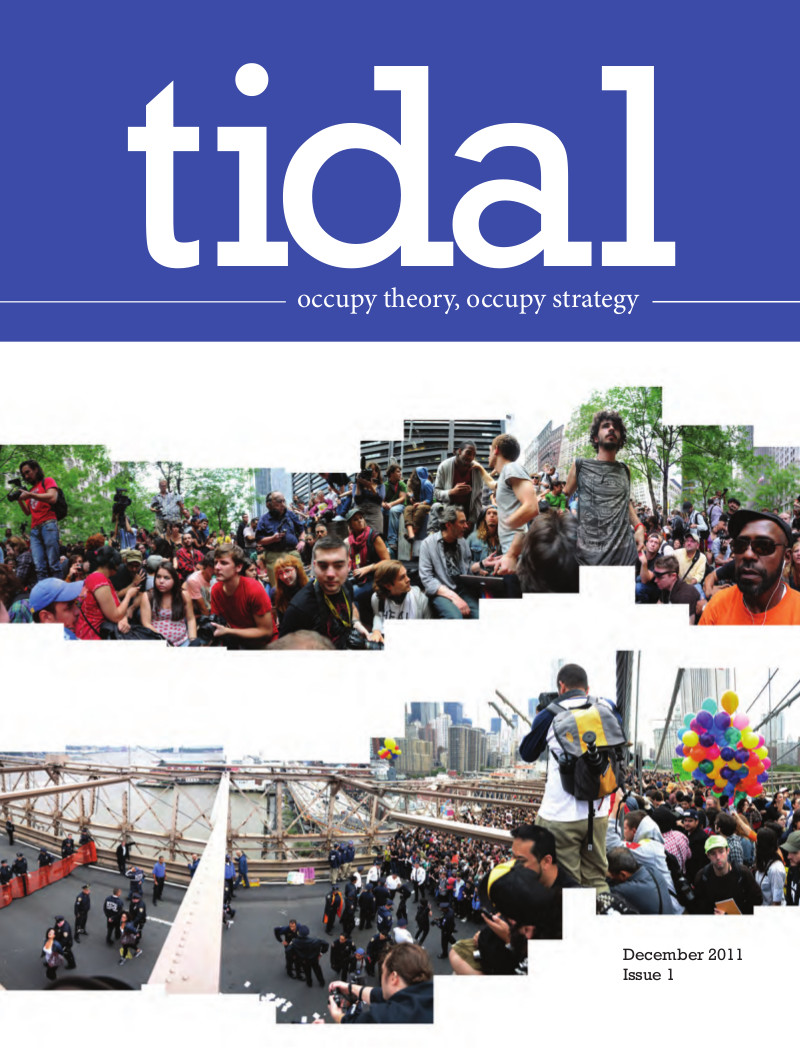Matt Taibbi: Griftopia: A Story of Bankers, Politicians, and the Most Audacious Power Grab in American History (2010)
Filed under book | Tags: · banking, economy, financial crisis, money, politics, usa

An illuminating and darkly comic tale of the ongoing financial and political crisis in America.
The financial crisis that exploded in 2008 isn’t past but prologue. The grifter class—made up of the largest players in the financial industry and the politicians who do their bidding—has been growing in power, and the crisis was only one terrifying manifestation of how they’ve hijacked America’s political and economic life.
Matt Taibbi has combined deep sources, trailblazing reportage, and provocative analysis to create the most lucid, emotionally galvanizing account yet written of this ongoing American crisis. He offers fresh reporting on the backroom deals of the bailout; tells the story of Goldman Sachs, the “vampire squid wrapped around the face of humanity”; and uncovers the hidden commodities bubble that transferred billions of dollars to Wall Street while creating food shortages around the world.
Publisher Spiegel & Grau, an imprint of Random House, New York, 2010
ISBN 0385529953, 9780385529952
252 pages
EPUB (updated on 2014-9-14)
Comment (0)Tidal: Occupy Theory, Occupy Strategy, 1 (2011)
Filed under magazine | Tags: · activism, debt, economy, money, occupy movement, politics, protest, theory

“We believe we can’t have radical action without radical thought.
Tidal offers theory and strategy as a means of empowering occupiers, whether actual or potential, to envision actions that ultimately transforms existing power structures.
In Tidal, theory means an assumption based on limited information or knowledge. Strategy means the art of devising or employing plans or stratagems towards a goal. Action means this. This moment; This struggle. many voices. history. and process. collectively, imagine.
We are an ongoing horizontal conversation among those who have spent most of their lives thinking about this moment, and the people in the Occupy Movement that are making decisions every day about its future. Aware that ability is a privilege, Tidal endeavors to offer challenging ideas in language that’s accessible to the common person. We hope these writings positively impact the Occupy Movement, propel it forward and clarify its goals.” (Editorial statement)
Edited by Natasha Bhagat Singh, Amin Husain, Babak Karimi, Laura Gottesdiener, and Isham Christie
Publisher Occupy Media, December 2011
24 pages
PDF, PDF (2 MB, updated on 2017-12-2)
Comment (0)Theory & Event 14(4): Occupy Wall Street Movement (2011)
Filed under journal | Tags: · activism, debt, economy, money, occupy movement, politics, protest, social movements, theory
“As we go to press, the Occupy Wall Street movement is in its third month. Inspired in part by the Arab Spring and the acampadas in Madrid and Barcelona, the occupation movement has reinvigorated left politics in the US and spread to more than a thousand cities worldwide. In the place of hopelessness and stagnation, there is an open sense of possibility. Now, as a vivid and undeniable feature of our political setting, outrage over inequality, unemployment, debt, and the political power of money and corporations has a form for its expression. Occupation is that form.
Several weeks ago, we invited political and media theorists to reflect on the event of Occupy Wall Street. Given our intermediated setting as well as the open, horizontal, and practically viral nature of the movement, these reflections aren’t outside the event. Rather, they are part of it, pushing its momentum and understanding in some directions rather than others. Some of the contributions began their lives as blog posts. Some are interventions aiming to influence and advise. Some draw out the global dimensions of the movement. Some attend to the affective and sensory modes of being occupation enables. One was initially delivered as a speech in Zuccotti Park. Together the pieces collected for this supplement to 14.4 produce a theorization of a movement that is just beginning and that in this movement of beginning insists on, claims, and asserts, perhaps more than anything else, the freedom to configure its own space of action.” (from Introduction)
With contributions by Franco Berardi, Wendy Brown, John Buell, William E. Connolly, Jodi Dean, Richard Grusin, John Protevi, McKenzie Wark, Slavoj Zizek
Edited by Jodi Dean
Published in November 2011
E-ISSN: 1092-311X
EPUB (thanks to Marcell Mars; updated on 2012-7-29)
HTML articles


